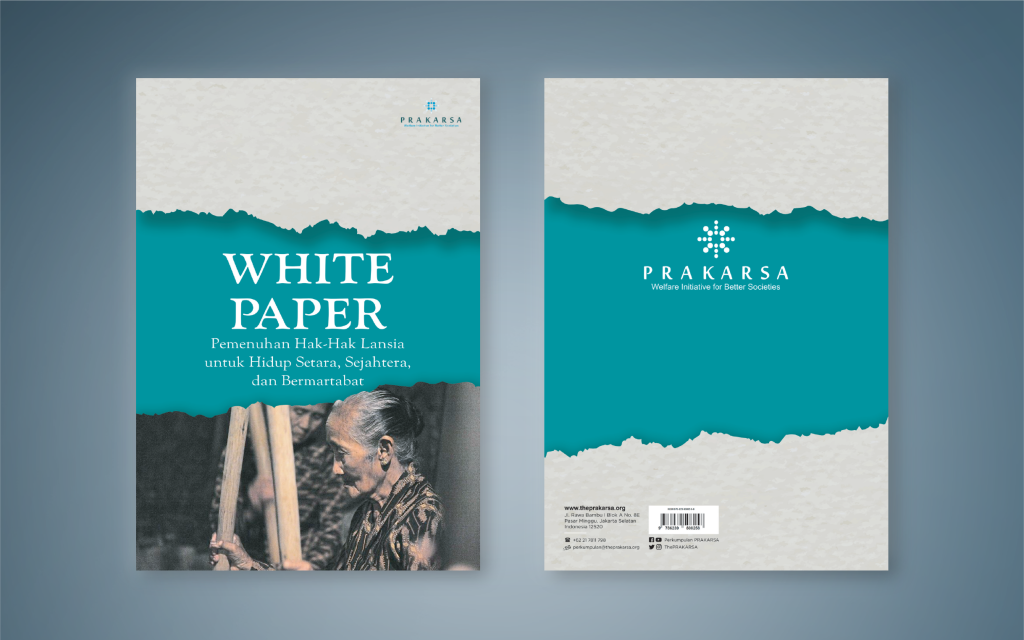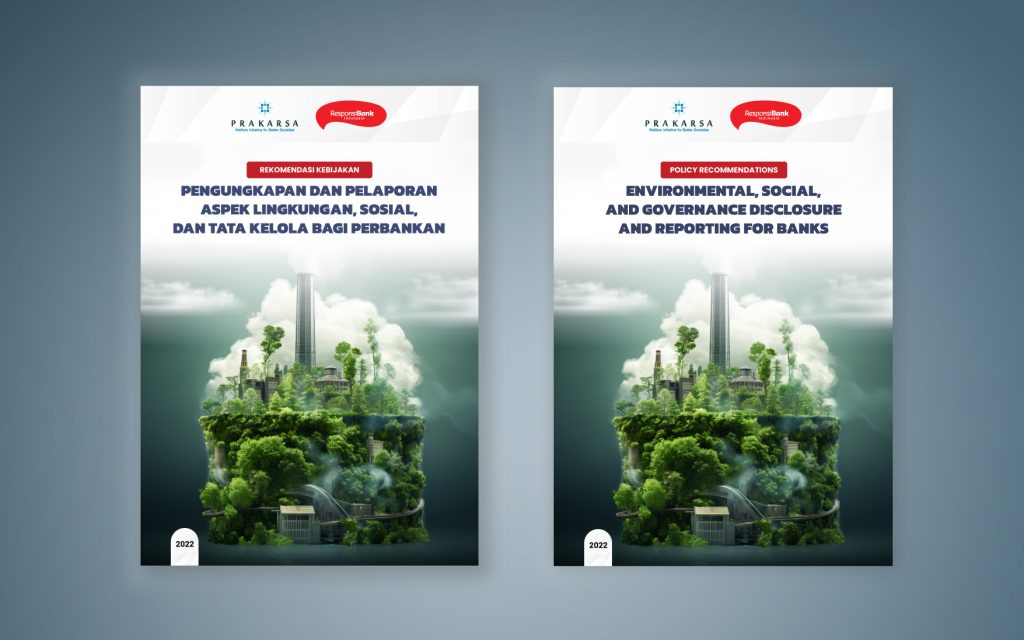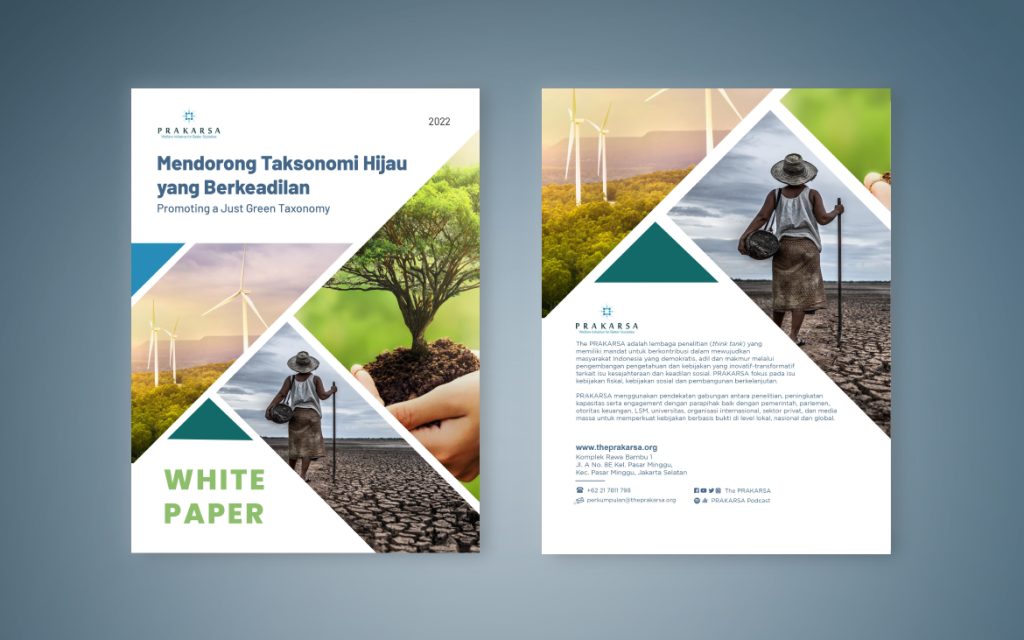
The world's population in 2050 is estimated to exceed nine billion people. The population aged 60 years and over will increase three times the total population. The United Nations estimates that the number of elderly people will reach 74 million by 2050 (25 percent of the world's population). In Southeast Asia, estimates of population aging also coincide with the peak of the demographic bonus. Indonesia's population structure itself in 2025 is projected to experience a demographic bonus and enter the beginning of an aging population. With this condition, the state is obliged to fulfill social protection and the fulfillment of the rights of the elderly and ensure that the elderly live in prosperity and with dignity. However, the existing policies to date are considered not yet adaptive and develop in accordance with the context of existing needs and future projections.
The condition of the elderly in Indonesia who are not yet independent makes Indonesia need to prepare for the period of the elderly population well. Data shows that most of the elderly still live in very poor and neglected conditions and are still not covered by social protection programs. This white paper, intends to explore the institutional conditions, regulatory framework, protection programs, and empowerment of the elderly. This white paper offers an idea of how elderly protection should be provided. In addition, this white paper is a tool to invite all elements of policy makers (executives, legislators, the private sector, and civil society organizations) to openly jointly build the vision and mission of the welfare and equality of the elderly as the most important element in this nation.
There are several challenges that are also faced by the elderly both socially, economically, and politically. Socially, the elderly do not get respect from society. Economically, the elderly are generally in a poor situation because they do not get enough assistance from the government and do not have access to economic resources. Politically, the involvement of the elderly in public participation is very low and the level of their participation is determined by their previous socioeconomic status. Institutionally, although there are institutions that deal with the issue of aging, they are not yet fully able to accommodate the problems of the elderly.
Regarding the regulatory framework itself, there are already several regulations that already regulate policies regarding the elderly. However, these regulations need to be reviewed in order to make changes to the social protection system for the elderly in Indonesia and be more contextual. The white paper also reviews the contribution and non-contribution schemes for the implementation of social protection programs. It is time for us to make improvements in various elements so that they can support the welfare of the elderly in Indonesia. Check out the complete information in this report, happy reading!



